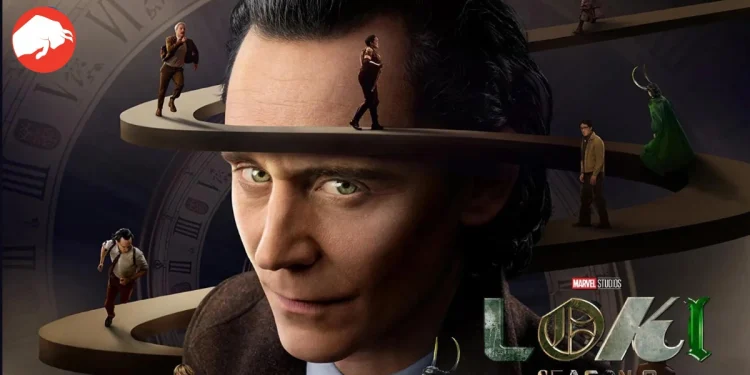A Dive into the Chaos: Loki Season 2 Weaves Through Time and Dilemma Amidst Real-world Controversies and Marvel’s Future
Loki, the God of Mischief, often finds himself enmeshed in the perplexing threads of allegiance and conflict. His character, within the beautifully chaotic Marvel Cinematic Universe (MCU), dances on the edges of being a hero and a villain, blurring the lines and, perhaps, reflecting an inherent truth about humanity itself. This duality is somehow perfectly aligned with the current state of the Marvel Studios and the entertainment industry where crossroads of change and controversies loom large.
Marvel, Loki, and the Shifting Sands of the Entertainment Industry
“Much of Phases 4 and 5 have been filled with promises that may go unfulfilled — will we see Charlize Theron’s Clea or Harry Styles’ Eros again in this decade, if ever?” a quote that reflects the echoing uncertainties across both the narratives within Marvel’s productions and its unfolding future. Loki season 2 emerges amidst a time of transformative shifts within the industry, where writers and visual effects (VFX) workers champion for their rights, and the omnipresent spectre of unsavoury working conditions casts shadows.
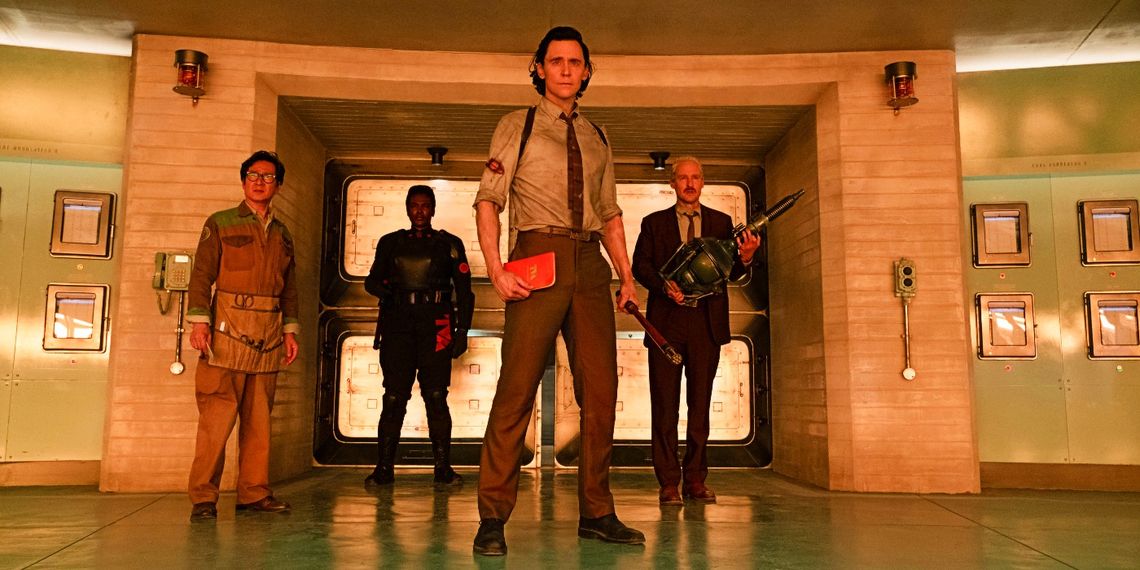
Embarking on a New Adventure: A Continuation Yet A Distinct Narrative
Loki season 2 returns as an unexpected yet thoroughly welcomed continuation of its preceding season, providing a refuge of excitement in the MCU, detached from the potentially burdensome overarching narrative arcs that the universe tends to weave. The new season taps into the surges of anticipation and mystery, especially given its immediate pick-up from the dramatic finale of its predecessor.
The series maneuvers through the intricate paths of Loki (Tom Hiddleston), Sylvie (Sophia Di Martino), and the Time Variance Authority (TVA) with Mobius (Owen Wilson) and B-15 (Wunmi Mosaku), offering a narrative that is both thrilling and, at moments, intentionally frustrating. “To fix these problems, Mobius and Loki seek out OB (a delightful Ke Huy Quan) and from there, chaos ensues.” A chaos that seems to mirror the real-world entanglements of its creators and actors, perhaps an unintentional yet potent parallel.
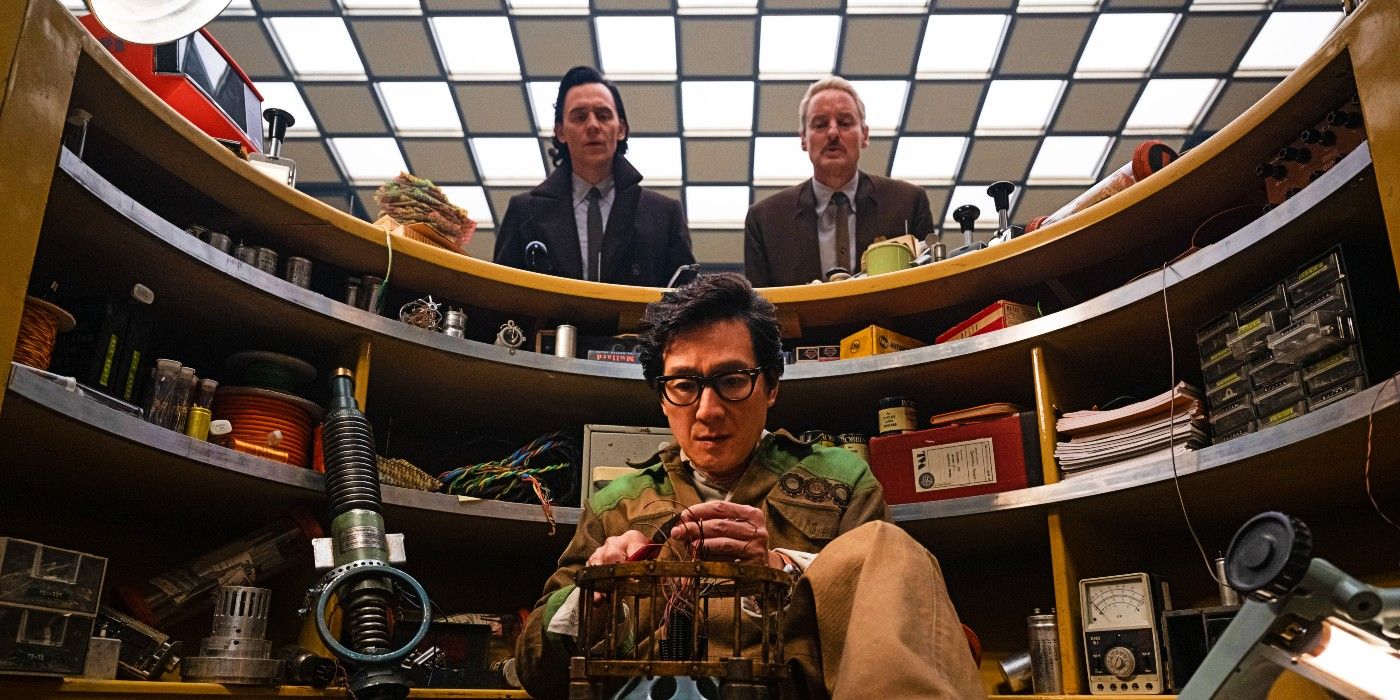
A Pacing That Reflects Intentionality and Narrative Development
The unique pacing of Loki season 2 signals a departure from the accustomed MCU style, offering an episodic flow that propels the narrative forward with intentional developments. Unlike previous MCU series, each episode doesn’t just fill a quota but significantly progresses the plot, exploring philosophical and existential themes of free will, destiny, and intrinsic purpose.
Exploring Themes, Controversies, and Uncomfortable Realities
Confronting the Duality of Character and Actor
“Jonathan Majors, whose public legal battle has occupied headlines for much of the past year,” presents a contentious presence within the series, where the issues off-screen bleed into the on-screen perception of his character, Victor Timely/Kang. His looming trial and the allegations encompassing both his personal and professional spheres render an undeniable discomfort and distraction amidst the escapism that Loki season 2 provides.
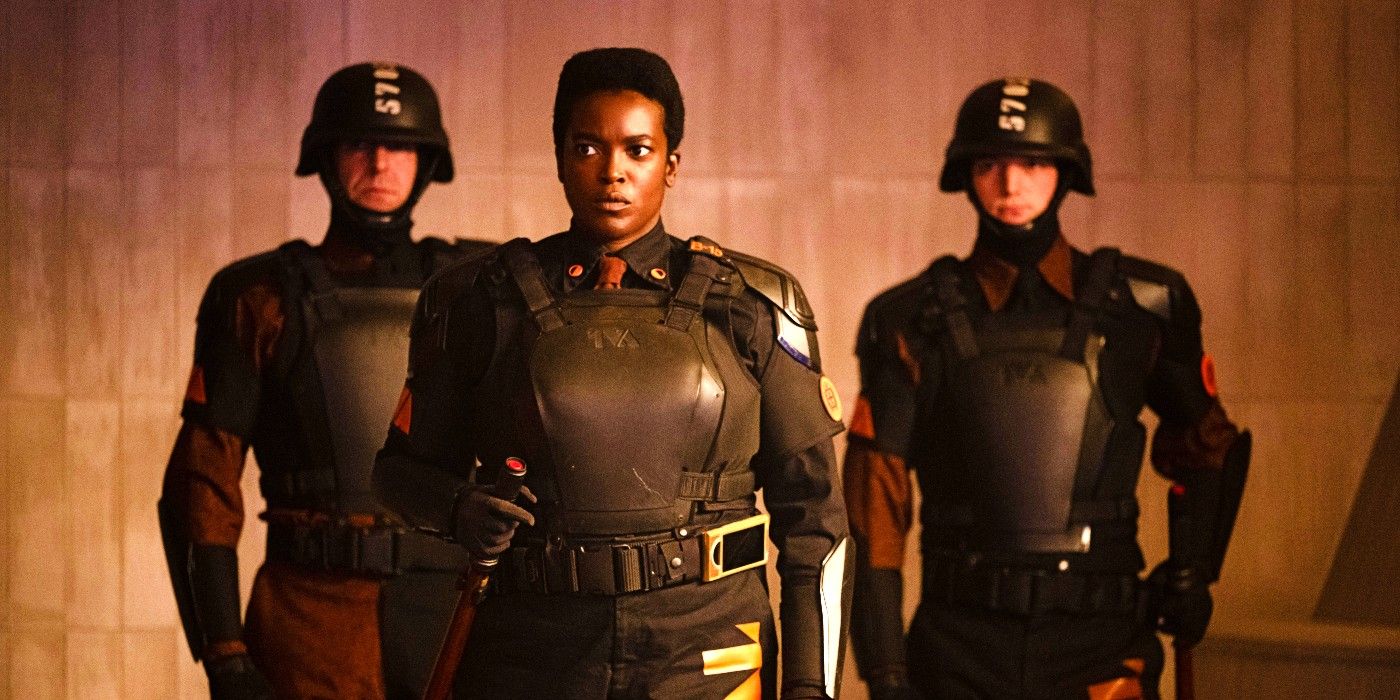
Loki’s meek version of Kang, depicted as a 19th-century inventor, curiously steers away from becoming the dominant threat within the MCU. His hesitancy and reliance on others to devise plans contrast sharply with the sinister, omnipresent Thanos from previous arcs. The controversies surrounding Majors seem to linger, prompting a question: Will the MCU decide to recast and reimagine the villain’s role within the universe?
The Intricate Unfurling of Characters and Narratives
The series effortlessly weaves characters like B-15 (Wunmi Mosaku) into more substantial roles, allowing their arcs to unfold with depth and relevance to the overarching plot. The return of characters like Sylvie and the introduction of others provide a refreshing shake-up to the narrative, allowing for dynamic interactions and developments within the plot.
In spite of the character complexities and well-designed environs like the TVA, “Problems still linger over the proceedings.” Questions regarding how the events will shape the Multiverse Saga, if Loki himself will become a pivotal part of the broader MCU, and the cloud around Majors’ future in the franchise, remain unanswered.
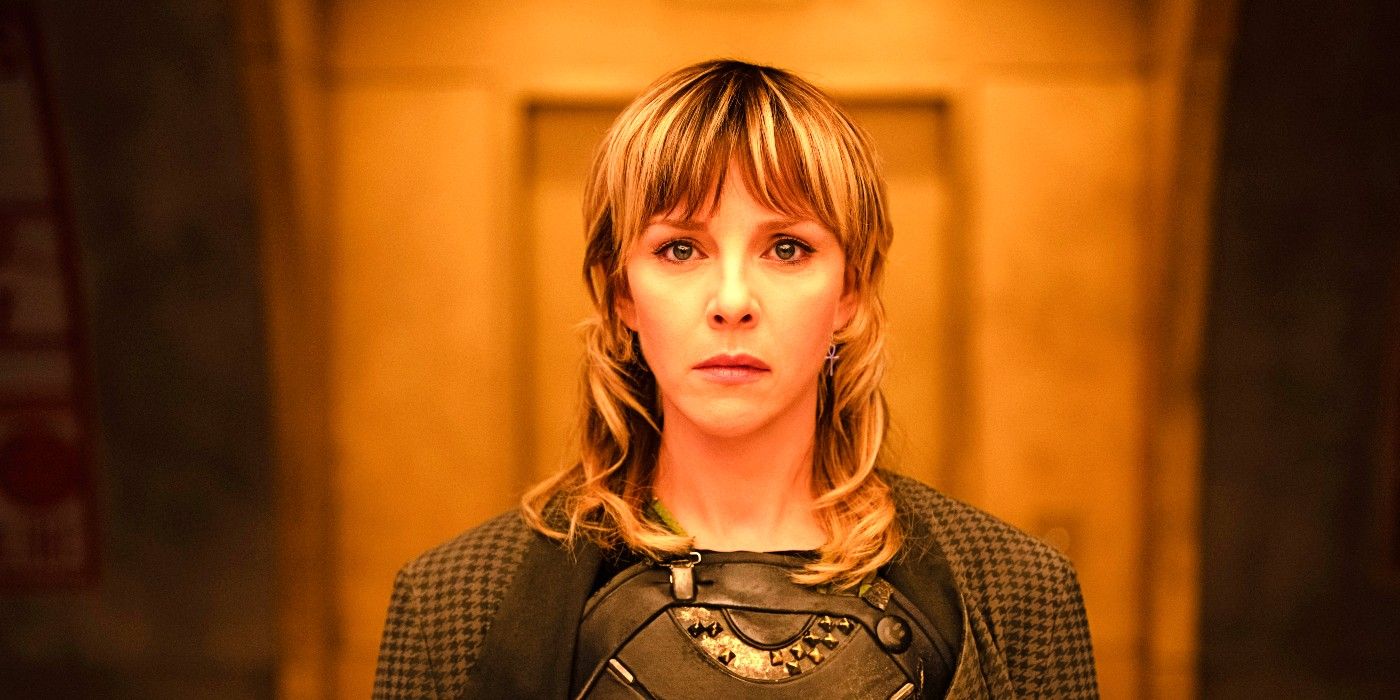
Loki Season 2: A Mirror of Art and Reality?
In an oddly reflective manner, Loki season 2 becomes a distorted mirror, juxtaposing its on-screen narratives with the off-screen realities of Marvel and the MCU. It might be seen as a well-oiled cog within the Marvel machine, but it cannot detach itself from the controversies and transformations happening within its real-world counterpart.
With its premiere on October 5 and weekly episodes leading to its finale on November 9, Loki season 2 paves a path that is both narratively rich and unavoidably entwined with real-world dilemmas and questions about the MCU’s future unfolding. It serves as a reminder that art, while providing a means of escapism, often finds itself irrevocably tethered to the realities and flaws of its creation and creators.


